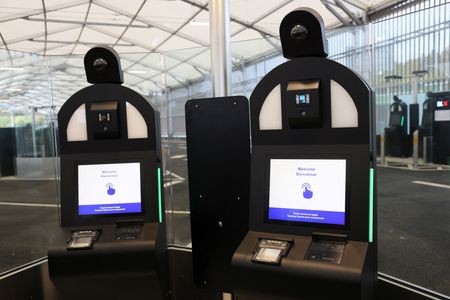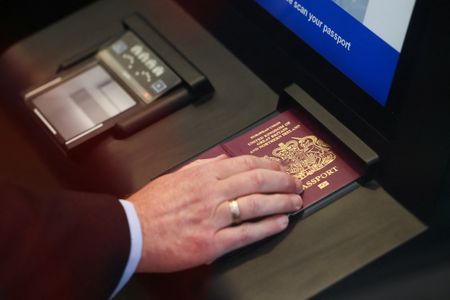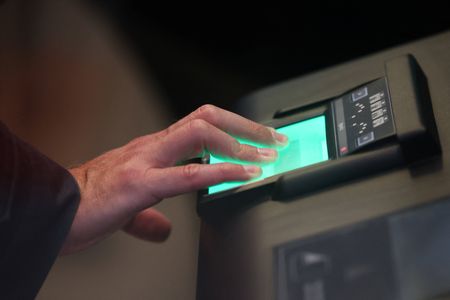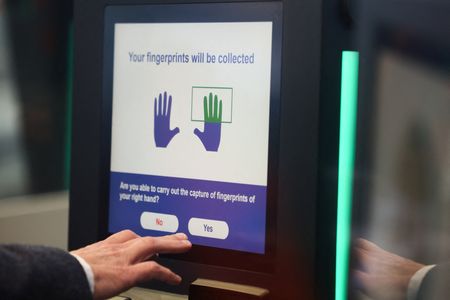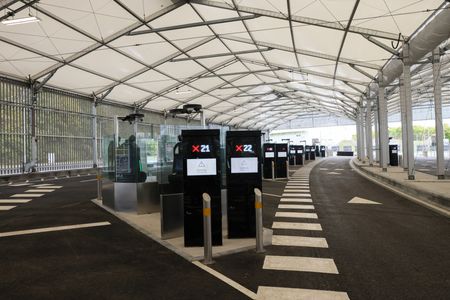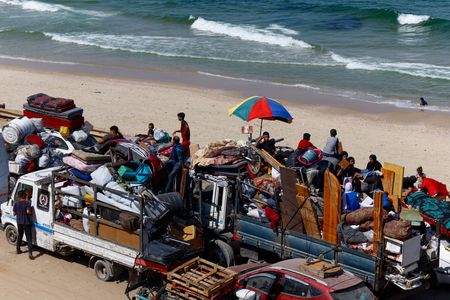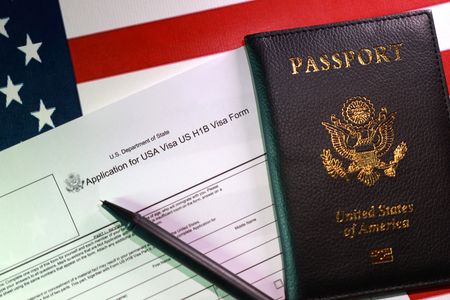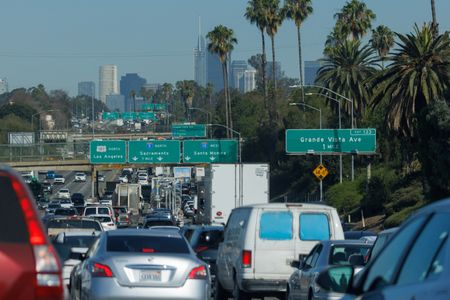By James Davey
FOLKESTONE, England (Reuters) -The European Union’s plan for a phased rollout from next month of its new post-Brexit digital border system should help prevent long queues and confusion at the UK border, the boss of Channel Tunnel operator Eurotunnel said on Tuesday.
On October 12, the EU will launch its much delayed new Entry/Exit System for UK and non-EU nationals – an automated system that requires travellers to register at the EU border by scanning their passport and having their fingerprints and photograph taken.
EES will eventually replace passport stamping for all non-EU citizens, helping the bloc track compliance with its 90-day visa-free travel rule and strengthen border controls.
The EU will phase the new system in over six months, meaning different ports and airports may have varying requirements until April 2026.
EUROTUNNEL OPERATOR CONFIDENT THERE WON’T BE DELAYS
For British travellers using the Eurotunnel at Folkestone, the Port of Dover, or Eurostar at St Pancras International – the so-called “juxtaposed” ports – the process will take place at the border before they leave the UK.
At both the Eurotunnel terminal and Port of Dover only freight and coach traffic will be subject to EES checks from October 12.
Passenger vehicle checks will follow in November at Dover and by the end of the year at Eurotunnel.
“You will not see any delays because it will be a gradual introduction of EES … We are very confident there will be no issue,” Yann Leriche, CEO of Eurotunnel operator Getlink, told Reuters.
Authorities will be able to suspend checks for short periods if processing times become excessively long, he said, referring to French border officials.
“If there is any unforeseen issue in the field… the authorities will decide to go as slow as needed to make it work, so that after six months it will be perfectly manageable.”
EES will be a requirement when entering Schengen area countries, which also include non-EU nations such as Iceland, Liechtenstein, Norway and Switzerland, but is not applicable to EU members Ireland and Cyprus.
EES is a precursor to an enhanced system, the European Travel Information and Authorisation System, which will also require non-Schengen area citizens to pay a fee before they travel.
Since April, European visitors to Britain have had to purchase an electronic permit in advance for trips.
($1 = 0.7422 pounds)
(Reporting by James DaveyEditing by Ros Russell)

